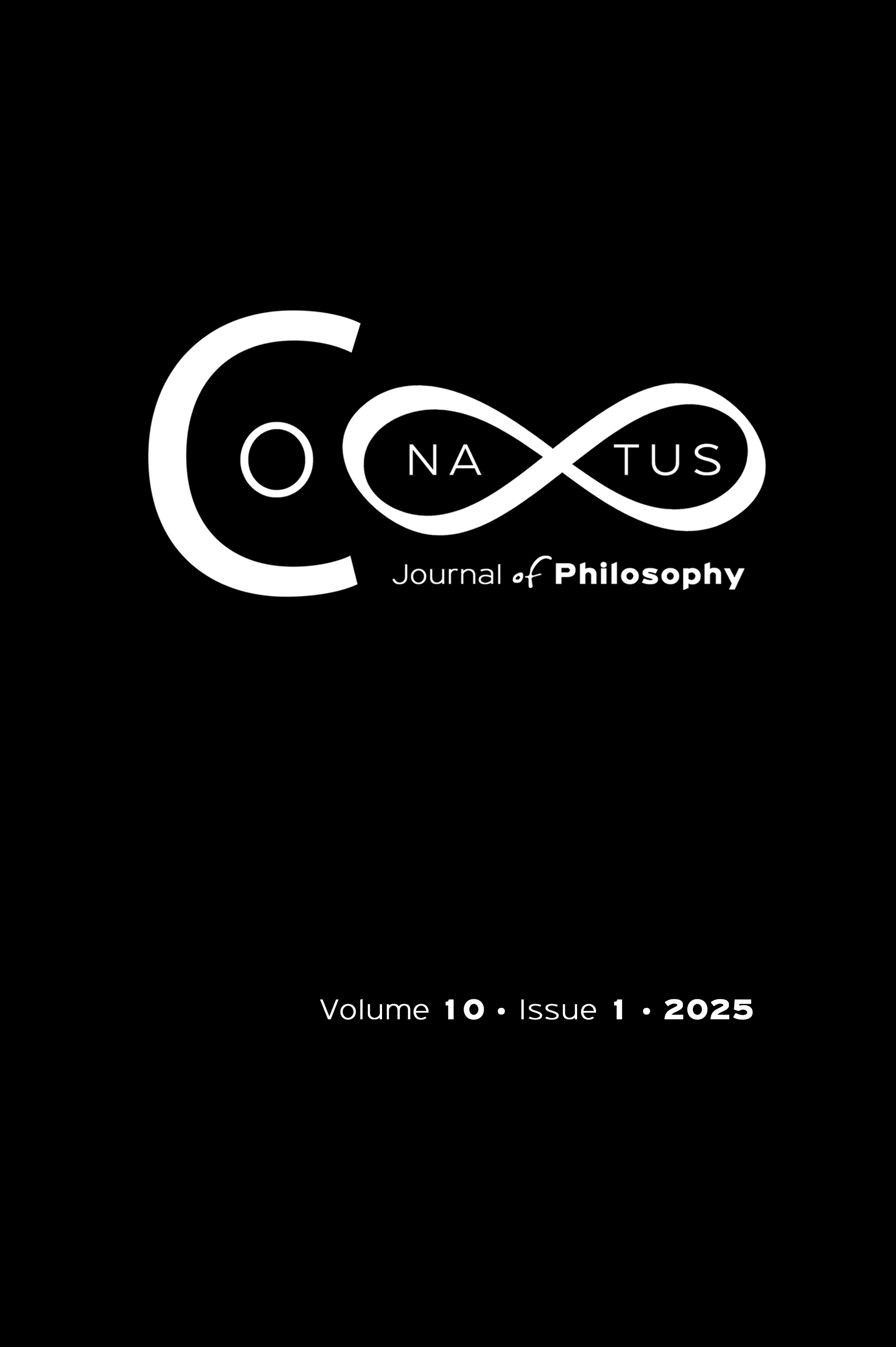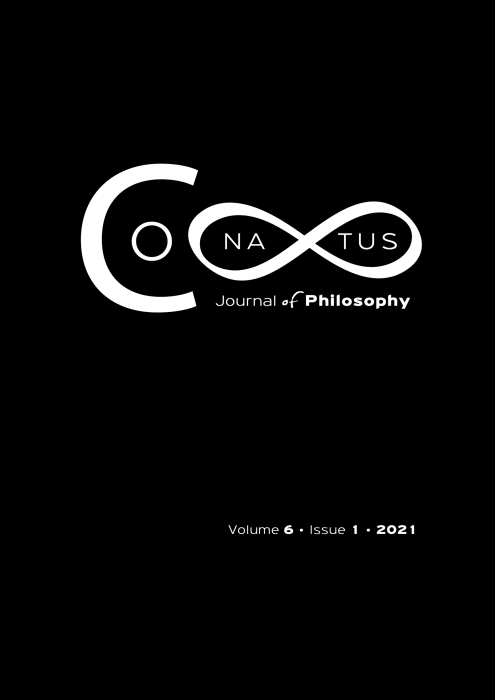Virtue in the Machine: Beyond a One-size-fits-all Approach and Aristotelian Ethics for Artificial Intelligence

Abstract
This paper explores the application of Aristotelian virtue (arête), as quality of excellence and as a key notion of ethics, to AI systems as classified in the EU Artificial Intelligence Act. It argues that while the Act’s approach based on ‘ethical data’ and ‘prima facie values’ aligns with the Rossian paradigm, such principles may not be suitable for all AI systems, particularly those in ‘limited’ or ‘minimal risk’ zones. The paper suggests that the Aristotelian concept of virtue can be effectively applied to designing, training, operating and using no-risk or low-risk AI systems. However, its application to the design and training of high-risk areas such as migration, asylum, border control, and justice, where clearly defined objectives are essential, requires ongoing consideration. The paper concludes that by distinguishing between (a) design, development, training, deployment, operation and use, (b) by stage evaluation of systems, and c) virtuous use of the systems, Aristotelian ethics can serve as a post ex evaluating method for all-risk AI systems, while further research and the potential use of regulatory sandboxes are needed to explore the integration of Aristotelian virtues into the design, development and training of such applications. Finally, we propose a virtuous-based ‘AI Seal of Excellence’ certification process, which empowers the virtuous use of AI systems.
Article Details
- How to Cite
-
Gounaris, A., Kosteletos, G., & Kolliniati, M.-A. (2025). Virtue in the Machine: Beyond a One-size-fits-all Approach and Aristotelian Ethics for Artificial Intelligence. Conatus - Journal of Philosophy, 10(1), 127–152. https://doi.org/10.12681/cjp.40628
- Section
- Articles
- Categories

This work is licensed under a Creative Commons Attribution-NonCommercial 4.0 International License.
Authors who publish with this journal agree to the following terms:
Authors retain copyright and grant the journal right of first publication with the work simultaneously licensed under a Creative Commons Attribution Non-Commercial International License (CC BY-NC 4.0) that allows others to share the work with an acknowledgement of the work's authorship and initial publication in this journal.
Authors are able to enter into separate, additional contractual arrangements for the non-exclusive distribution of the journal's published version of the work (e.g. post it to an institutional repository or publish it in a book), with an acknowledgement of its initial publication in this journal.
Authors are permitted and encouraged to post their work online (preferably in institutional repositories or on their website) prior to and during the submission process, as it can lead to productive exchanges, as well as earlier and greater citation of published work.






